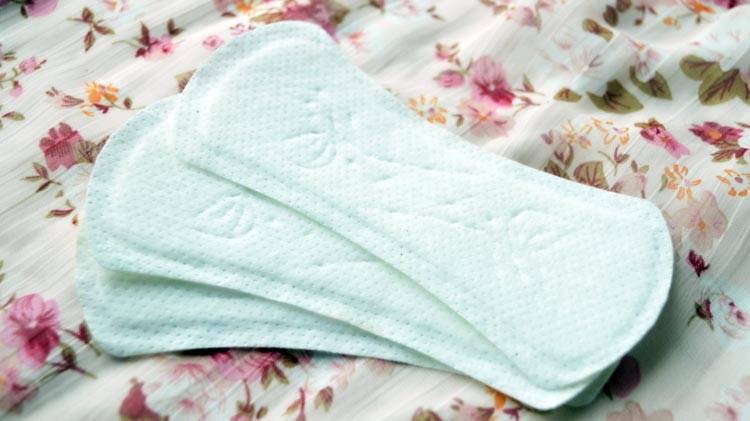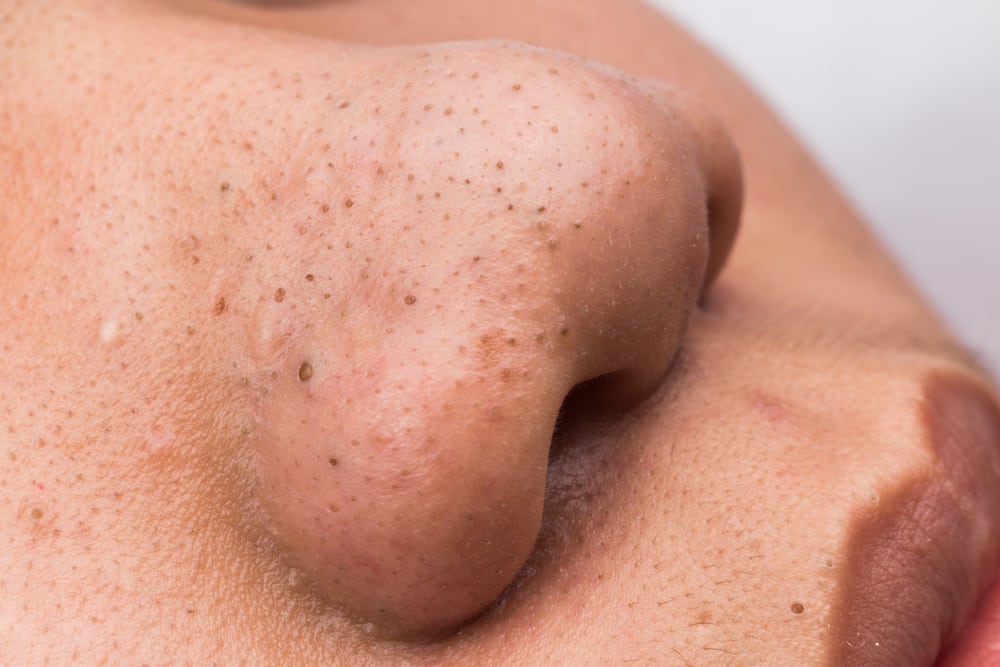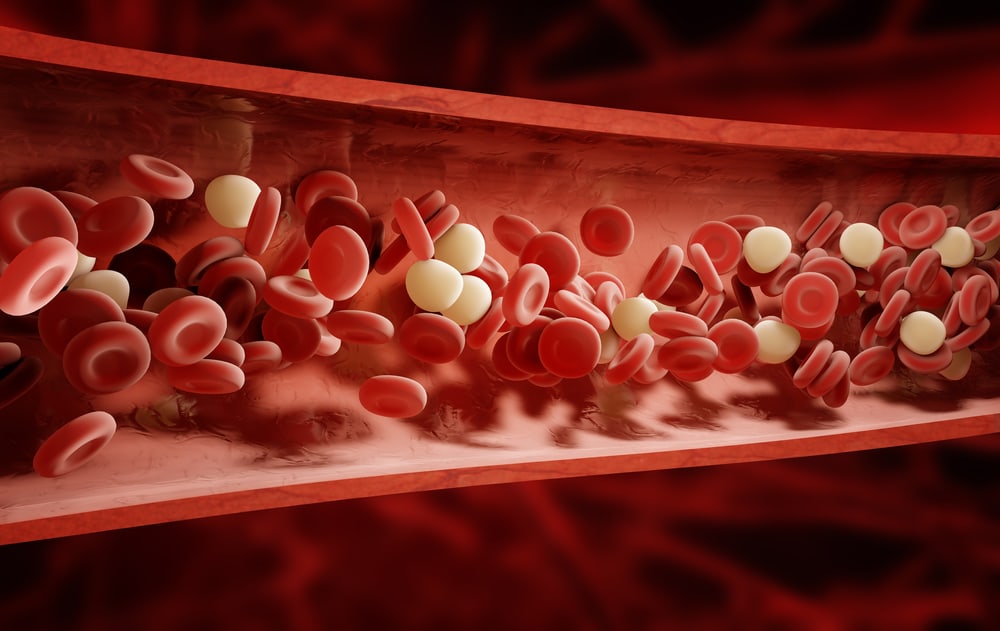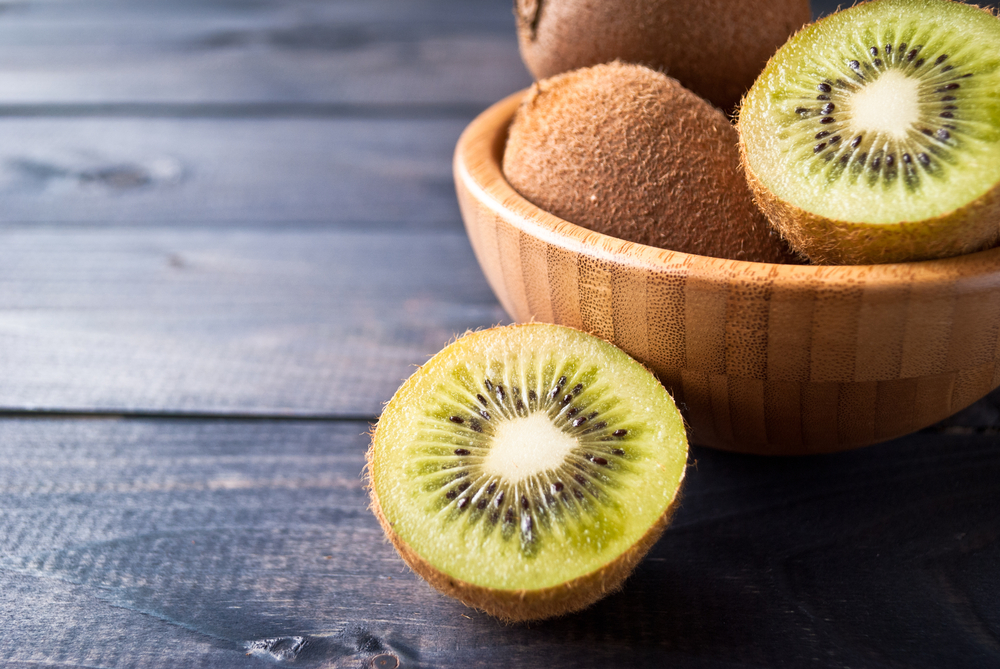Contents:
- Medical Video: Causes of Congenital Heart Disease by Lisa McCabe for OPENPediatrics
- Tooth
- Stay happy and be friends
- Stay active
- Growth
- Diet and food
- Sleep
- Understanding the condition of their heart
- Changes as adults
Medical Video: Causes of Congenital Heart Disease by Lisa McCabe for OPENPediatrics
Raising a child is the hardest job in the world. Have children with Congenital Heart Defect (CHD) aka congenital heart abnormalities can make life more challenging. As a parent, you want the best for your child, so that they develop into individuals who are able to participate fully in society, and are also healthy and cheerful.
Here are 9 tips to help your child stay healthy and good:
Tooth
Having healthy and strong teeth encourages us to smile. When we smile and laugh, we feel good about ourselves. We all look better with healthy teeth. Keeping your teeth and mouth healthy is not just a matter of appearance. If the teeth and gums are not maintained, the blood vessels can become infected. In the general public, people with CHD more at risk of infection which affects the inside of the heart and damages the valve, causing heart failure. This is called endocarditis. Although rare, this is a very serious, life-threatening condition. The best way to avoid it endocarditis is keeping teeth and gums. Mouth and teeth are also tasked to guard against disease. Endocarditis and other infections can also occur after injury to the skin, such as having tattoos and piercings, so it is recommended to avoid them.
Brushing teeth with toothpaste fluoride twice a day, as the dentist suggests, and doing it once before going to bed, is the best.
Children must be taught to spit out toothpaste, not swallow it with water.
Sweet foods and drinks are popular with children, and it may be difficult to avoid them. The alternative is to limit it only to be consumed at mealtime. When sweet drinks are drunk with bottles slowly over a long period of time, the teeth and mouth will be coated with sugary drinks and can add damage. This makes the bacteria in the teeth produce acids that damage the teeth.
Damage to the milk teeth can affect adult teeth so it is very important to maintain children's teeth as they grow older.
Stay happy and be friends
Happiness is subjective and personal. There are many different things that can make us less happy, for example being unable to walk long distances, having no friends, being unemployed, in pain, feeling different, and isolated.
Conversely, being able to live actively, feel confident, have friends and family around, feel positive about job prospects, and have a good future can help make the individual happy. Research shows that some children with CHD can feel lonely, that they are different from their relatives and feel very isolated. This condition is even worse in children who often visit hospitals and are often forced to get permission from school.
Hospital administration can also be stressful and frightening for children and has an impact on how they develop. If this happens, it may be time for you to talk to a cardiologist or doctor about psychological support for your child.
Having a lifelong disease condition can make us feel burdened, because other people don't always understand how it feels. There are several organizations that can help adolescents to improve their psychological state, and share experiences with other young people who also have conditions throughout their lives.
Stay active
Sports not only can be fun but can also increase your level of fitness, motor skills, build friendships, and improve quality of life. From regular sports such as walking, dancing, taking the dog for a walk, playing sports games, or flying kites with friends. Health experts warn that a sedentary lifestyle can lead to serious health problems such as obesity, heart malfunction, joint problems, and "weak" muscles and bones. It is important for people with CHD to participate in physical activity because this can help maintain their fitness and also improve their quality of life. The guidebook advises children to exercise for 60 minutes a day, this can be separated into 4-5 activities lasting 10-15 minutes a day. Children with CHD are more likely to feel tired and must be supported if they want to rest or do it more slowly.
However, some activities may not be carried out by children whose heart defects have not been treated or when they have just been operated on. It is important to discuss the limitations of your child with a pediatric cardiologist.
Don't forget to tell your child's school, because children may need regular breaks in physical activity, or if there are limitations in participating in sports.
Growth
Many things are important in caring for children and helping them grow, develop, and learn. A healthy diet and a good night's sleep are important. As with poor diet, lack of sleep can have a detrimental effect on children's growth and their ability to learn.
Diet and food
There are already many articles in the media that advise on how to have a healthy diet. Children with CHD may need extra calories when they are babies to help them develop, but after that a balanced diet is still better.
Foods with high salt, sugar and fat content, such as foods that are ready to be processed and snacks. If consumed for a long time, it can damage our body. This can affect the heart and kidneys and can cause diabetes and increased blood pressure, which will increase the risk of strokes and damage to major organs in the body.
Children must eat a variety of foods throughout the day so that they have two or three choices from each food group. Make sure the child consumes five servings of fruits and vegetables a day. Sweet foods, snacks, and sweet drinks should be limited during meals or if there are special events.
Foods that must exist:
- Cereals - bread, potatoes, rice, pasta.
- Fruits and vegetables - including fruit juices, dried fruit and fresh fruit.
- Milk - cheese, yogurt and milk.
- Meat, fish and other proteins such as beans.
Sleep
The amount of sleep time for children depends on their age. Sleep is important for health and lack of sleep, making daily concentration more difficult, affecting moods, and causing a desire to eat junk food.
Poor sleep is usually caused by the use of TVs and computers in the bedroom, especially those used at night.
Understanding the condition of their heart
As parents, you must teach and guide your children as they grow. At different stages in their lives, they will begin to understand more about the condition of their heart. Small information can be given to them when they are young, and more complex information is introduced as they grow older.
Having a diary since they were young can help them focus when talking to understand their condition, learn to take responsibility for their own health, and adapt to change as they grow older.
Changes as adults
Children who have grown up will be expected to assume responsibility for their own health needs. Understanding their condition is one step so that they are able to do this. Another change is that their care will be under a cardiologist who is specific to adult patients only.
Moving to adult services usually starts when they are between 12 and 14 years old. This process is usually called transition.
Parents and children will usually see a cardiologist for adults whose specialty is congenital heart disease, but also continue to consult a child cardiologist who is used to it. This combined treatment lasts until the age of children 16-18 years old, when they are fully grown.












